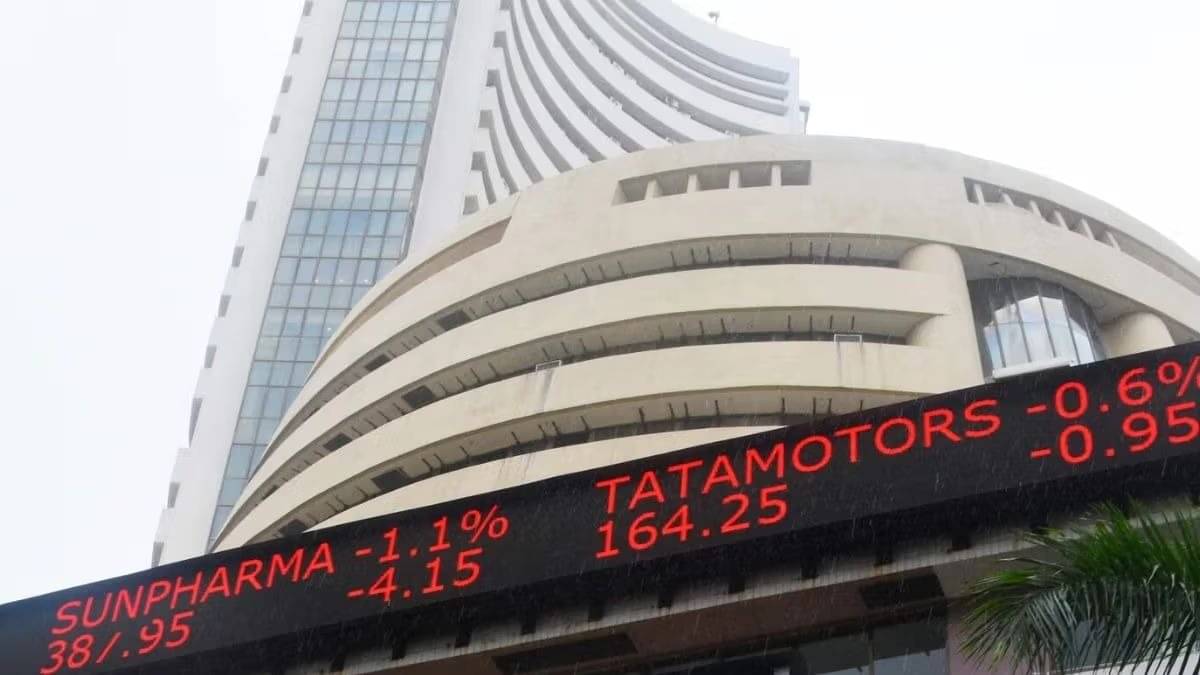Now Reading: US Regulators Halt Bank Exams Amid Trump-Era Rollback Progress
-
01
US Regulators Halt Bank Exams Amid Trump-Era Rollback Progress
US Regulators Halt Bank Exams Amid Trump-Era Rollback Progress

Quick Summary:
- U.S. regulatory agencies, including the Office of the Comptroller of the Currency (OCC), Federal Reserve (Fed), and Consumer financial protection Bureau (CFPB), are scaling back or postponing bank examinations under President Donald Trump’s governance.
- The changes emphasize core financial risks like safety and soundness while reducing focus on non-core issues such as reputational risk, climate change, diversity, equity, and inclusion.
- Supervisors are using more specific language to limit examination scope and are leaning toward informal advice rather than formal disciplinary notices for problem correction.
- Critics argue this lightened regulatory approach may overlook holistic risks that contributed to past bank failures.
- Bank exams have historically been a cornerstone of oversight; however, some industry leaders believe they have become overly subjective and adversarial in recent years.
- Regulators claim these adjustments aim to balance oversight with economic growth. Notably, layoffs and staff constraints due to government policies also influence reduced supervisory activity.
Indian Opinion Analysis:
The shift in U.S. banking regulations under the Trump administration reflects a prioritization of essential financial metrics over broader risk factors like climate change or social issues. While this recalibration could streamline operations for banks by focusing on traditional measures such as liquidity and capital adequacy, critics caution that it might neglect interconnected risks impacting long-term stability.
For India’s banking sector-wich often draws inspiration from global frameworks-this advancement underscores critical questions about balancing efficiency with comprehensive oversight. Indian regulators may need to assess whether similar approaches would suit domestic challenges or whether more proactive measures around reputational risks or ESG factors are necessary due to local socio-economic priorities.
This evolving scenario highlights how policy decisions in major economies can reverberate across others through shifts in best practices or standards Indian regulators track globally for benchmarking.























